Audio mp3: »A dream come true«, 14:39 min
It was a night in March 2023, I was sitting and filling in a lot of documents for a group of Ukrainian musicians to travel to Great Britain in relation to the UK/UA Season of Culture, when I received a message from a good friend of mine, a bandura player from North America, Julian Kytasty. It was a link to a competition to participate in Silkroad’s Global Music Workshop (GMW), an annual summer program for musicians who experiment with a combination of different styles of music, including folk, which is exactly what I am looking out for and what is so hard to find in Ukraine. Being overwhelmed by organizing artistic residency for Ukrainians in war time I dreamed about music residency for myself. And my dream came true.
Text: Anstasiya Voytyuk
Silkroad’s GMW was founded in 2015 as a program for musicians with different musical backgrounds (students, teachers, professionals and amateurs) who play different instruments and in different genres (classical music, jazz, folk etc.). Here they can immerse themselves in music through collaboration in small musical ensembles led by prominent musicians from different parts of the world. This year the teachers were Mike Block (cello, USA), Maeve Gilchrist (Celtic harp, Scotland/USA), Edward Pérez (double bass, USA), Balla Kouyaté (Balafon, West Africa/USA), Hankus Netsky (piano, USA), Jamey Haddad (drums, USA), Mei Han (Zheng, China/USA), Abeer Nehme (vocals, Lebanon), Kala Ramnath (violin, India).
GMW 2023 was a collaboration between the Silkroad organisation and the New England Conservatory in Boston, USA, and brought together 70 musicians from 25 countries who are playing 26 instruments and were selected from 175 applicants. Silkroad is a globally oriented music organization founded by cellist Yo-Yo Ma in 1998, which also runs many other musical projects.
Everything that I used to watch on Youtube, I now saw live. If I would be asked to describe the experience of GMW in one sentence, I would say: If you could imagine an intergalactic orchestra in the movie Star Wars, it would look exactly like us – a lot of smiling and sincere people with strange and magical instruments at the same time who want to play together and do it in a great way!
Silkroad Global Musician Workshop
Photo: Hannah Rose
To get into GMW you need to apply around March and then you have two options – either you will be offered a scholarship or you will have to pay tuition. In any case, the costs of flight, accommodation and meals remain with you, and of course, the visa. I was lucky to receive a scholarship and did not have to pay for education, but I still needed to find about 3,000 USD. In addition, I had to get an American visa, which in my case was very difficult to obtain, because during the war the US embassy in Ukraine is closed and I had to go to neighbouring countries.
If it wasn’t for the support of the North American bandurist community and my good friend and mentor Yuliyan Kitasty, I wouldn’t have been able to get into this program at all, they supported all my expenses except tuition for the course.
Julian Kytasty and Anastasiya Voytyuk
Photo: Anastasiya Voytyuk
This year bandura and Ukrainian traditional songs were presented for the first time at GMW, and I asked myself why. There are so many bandura players among Ukrainian immigrants in North America, while there are many talented musicians in Ukraine – why are they not here, though we have such a rich folk tradition to share? The answer is quite simple: Bandurists who moved to the United States in the last century due to the instability of the situation in Ukraine, which was often under the rule of other states, had to try and preserve the traditions they took away with much effort and all their might, meaning they just managed to preserve the format and the repertoire. I would really like to say that times have changed and we can relax, but the last 1.5 years have shown that Ukrainian culture, like many other cultures in the world, is at risk of disappearing. And those bandurists who are in Ukraine today are mostly representatives of the academic school of playing while folk players were often persecuted and their work prohibited during soviet time.
I am a non-standard bandura player who grew up listening to art rock, and in my student years I became very interested in the folk music of different ethnic groups, I even played guitar in an Irish band in Lviv. Even more interested I was in world music, where you are better able to mix and experiment. When working with Ukrainian folk songs in my band Troye Zillia, I often looked for a dialogue with other cultures – for example, I added Irish and African motifs to arrangements. Therefore, GMW became a real paradise for me.
During the GMW, I constantly felt a great concentration of mutual interest. We talked to each other a lot during breakfasts and lunches, but the most interesting aspect were the almost random night jams, when we found a little time between rehearsals and performances to try to play together. We understood that we might never meet again and that this was a unique chance to create something together.
In this way, it was possible to create a collaboration with the Iranian musician Mehrnam Rastegari, who moved to the USA more than a year ago and plays kamanche and the violin. There were several Iranian musicians at the GMW who played oud, drums and sang. In a strange way, I felt a very good connection with the Iranian music community, especially about the experience of life during the war. One evening, Mehrnam and I sat down to play together. I sang the Ukrainian folk song “Oy U Poli Drevo” (“The Tree In The Field”), after which she told me that she could feel and understand everything, an experience that cannot be described in words.
Mehrnam Rastegari
Photo: Hannah Rose
“The war did change the music and the culture as well as the minds of the musicians in Iran. Musicians who were children when Iran and Iraq were at war, are making different music than their previous and following generations. I guess they use a lot of percussion, aggressive percussion. Some people consider that a side effect of the war.”
Mehrnam Rastegari, kamanche & violin player Iran/USA
Wan Xing
Photo: Hannah Rose
Another extremely organic and interesting collaboration happened with a musician from Hong Kong, Wan Xing, who plays the traditional instrument zheng. From the first time we saw and heard each other, we said together that our instruments are sisters, they have so much in common! When we sat down to experiment, our friends from the British Isles stopped by. After only ten minutes, we were playing as a trio with Gregor Black, an Irish bodhrán player. That same evening we recorded several improvised compositions, and after the end of the workshop we realised that we want to continue playing together as a trio. So we started seeing each other online, looking for new opportunities to meet and named our project Aspiration GWA. You can listen to our first demo recordings here: www.youtube.com/@AspirationGWA.
Gregor Black, Wan Xing and Anastasiya Voytyuk
Photo: Anastasiya Voytyuk
Gregor Black, Irish percussionist
Wan Xing, Chinese zheng player from Hong Kong
On the last day, I had the opportunity to visit the Berklee College of Music, which was located very close to the New England Conservatory in Boston. Yotam Ishay, a pianist from Israel, and Upasak Mukherjee, a tabla player from India, showed me how study process looks like. I would like so much to have such educational institutions in Ukraine! In fact, Yotam was the only person with whom I could talk about air alarms, bomb shelters and a country at war. We both have this experience. Unfortunately, Israel faced war again this year, and the war in Ukraine continues, and we do not know when it will end.
Yotam Ishay
Photo: Hannah Rose
Yotam Ishay, piano player Israel/USA
On the day I travelled back to Ukraine, russian rockets attacked Lviv. I remember when I landed in Frankfurt (Main), that I opened the news and my first thought was: “I hope my family is safe!” They were safe. The next day, I was back at Lviv and received a lot of messages of support from GMW participants. My music friends were saying that before we met the war in Ukraine was far away, but after getting to know each other it is feeling very close. It was a moment when I thought about a possible charitable project together with GMW alumni. I wrote an announcement in our chat group and more than fourty people expressed their desire to take part. I hope it will be released soon.
Mike Block
Photo: Hannah Rose
Commentary by Mike Block, director of GMW
Anastasiya Voytyuk
Photo: Hannah Rose
During the Global Musician Workshop my first goal was to bring Ukrainian music there and to open it to other cultures as well as learn new things from other cultures. I was not talking there about war, I was sharing information about life and heritage in Ukraine. I understand that war is not a very pleasant topic for everyone, but during this week, through the music contact, I reached the hearts of many participants and many of them where asking “How are things going in Ukraine?” and “Is your family safe?”. We established friendships, which produce a power of mutual understanding and love, by going deep into our traditions and opening them for each other. I wish there were more such opportunities on earth.
Playing together

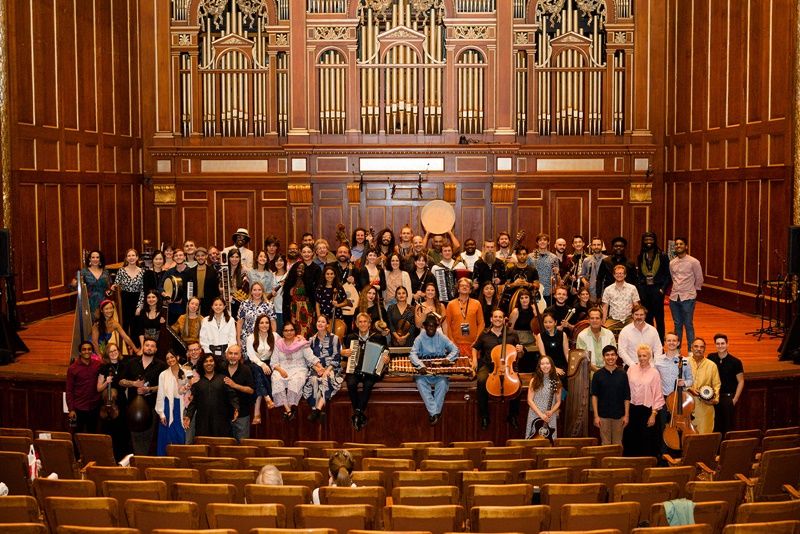
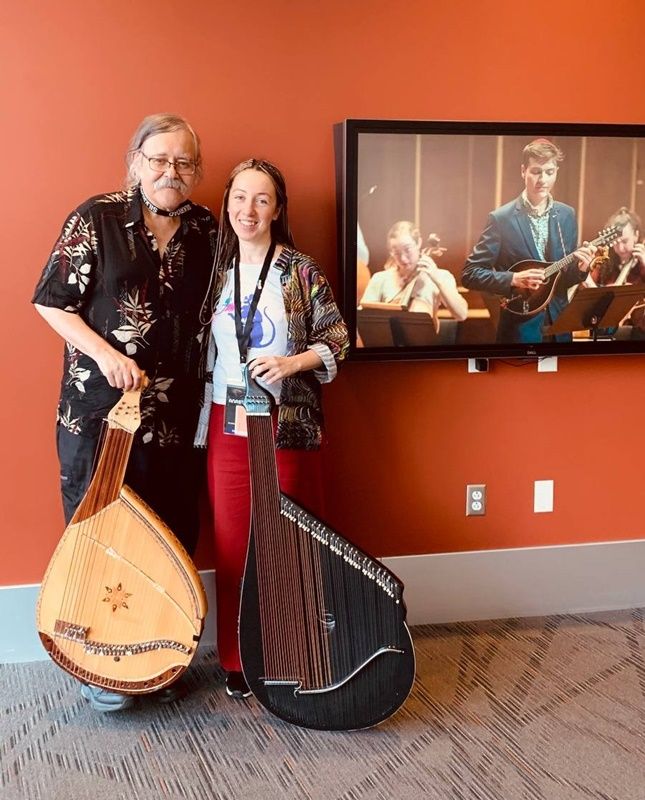
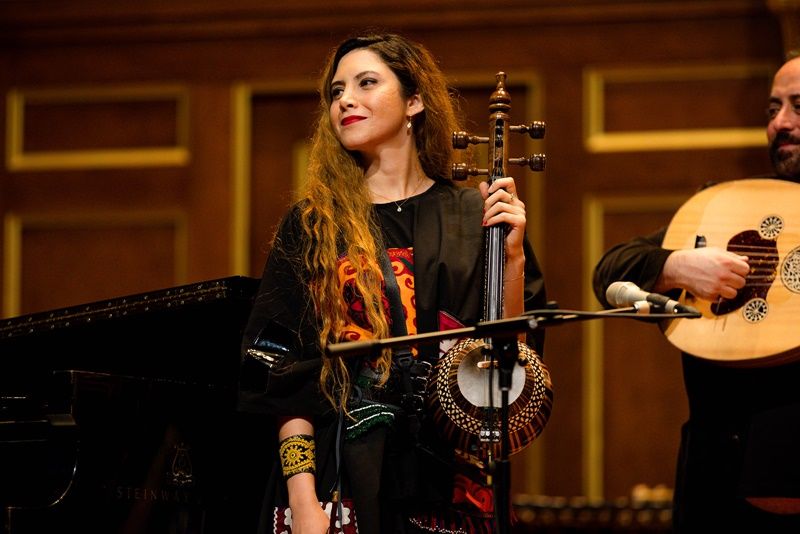
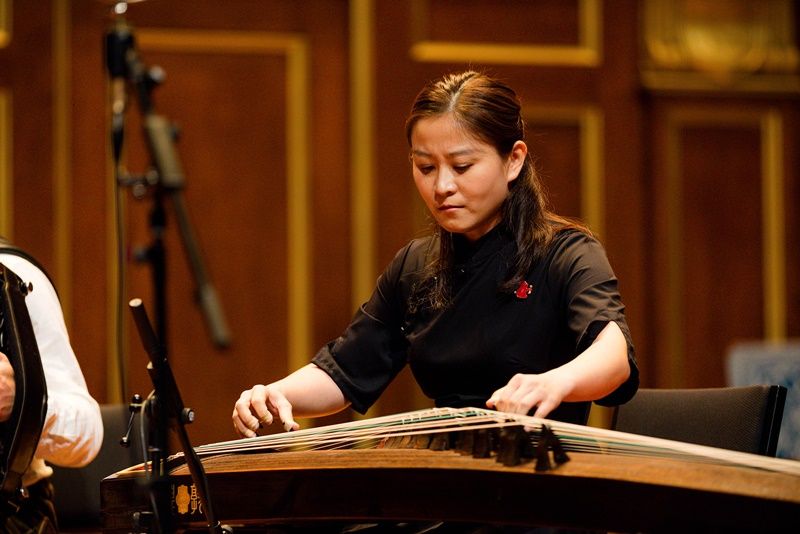
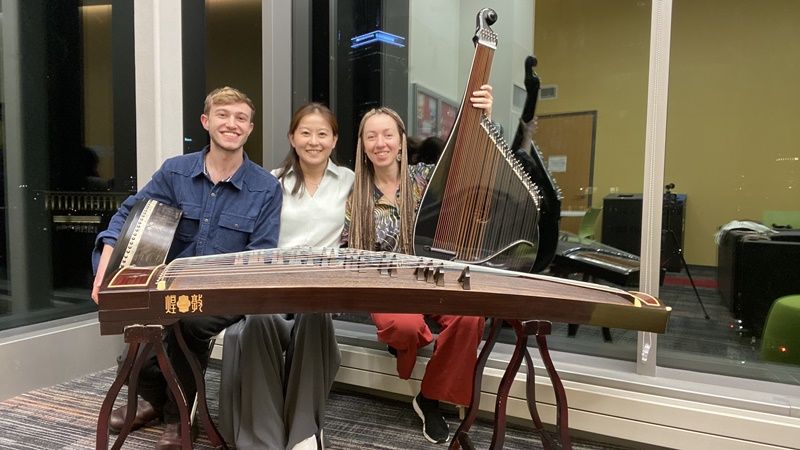
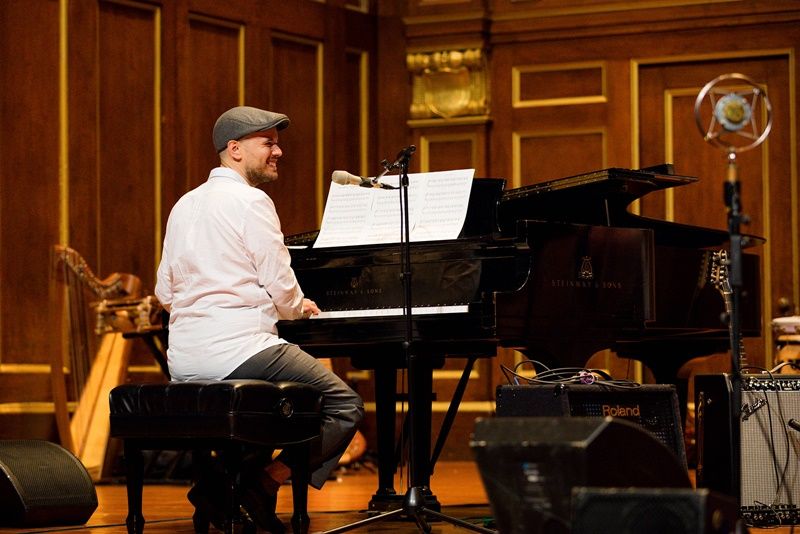
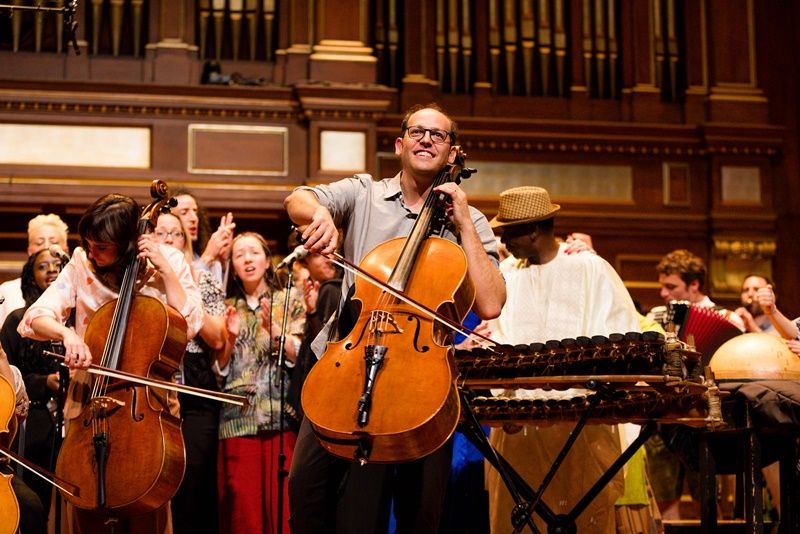
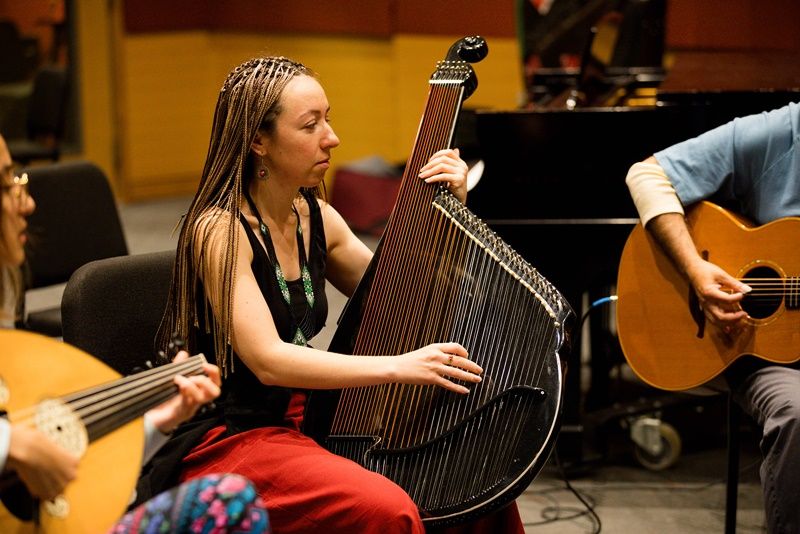
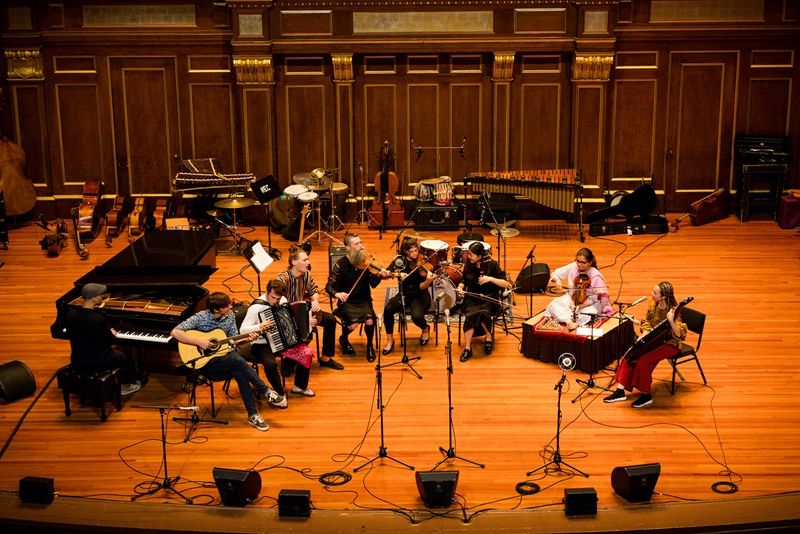

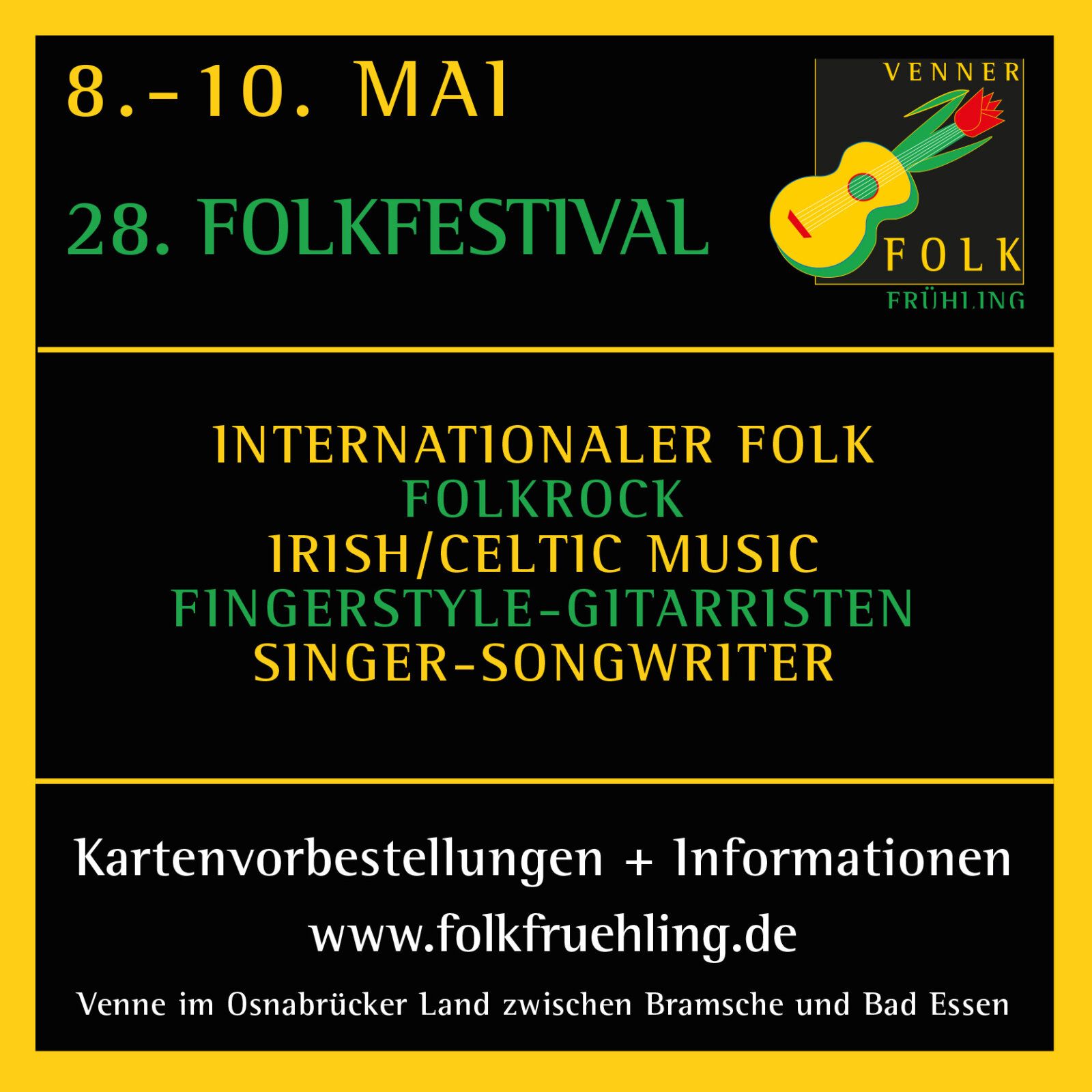
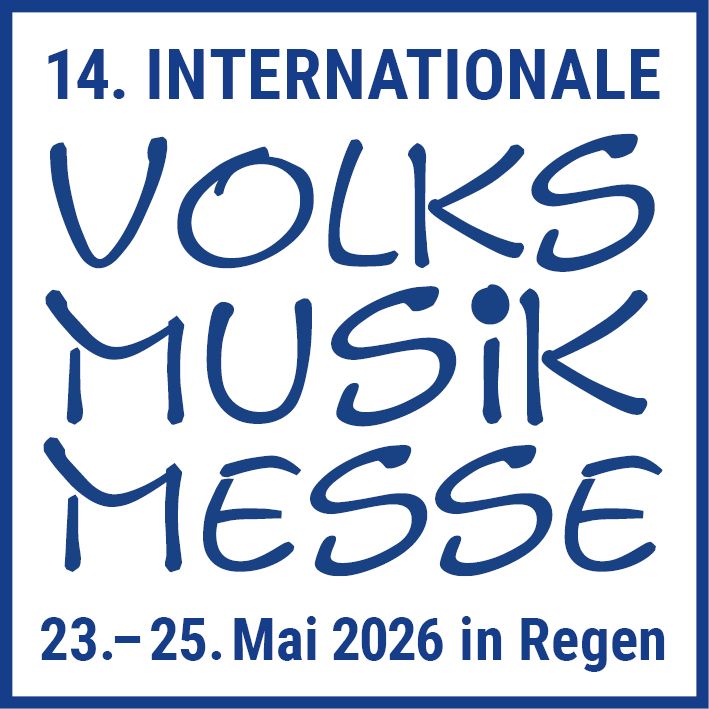
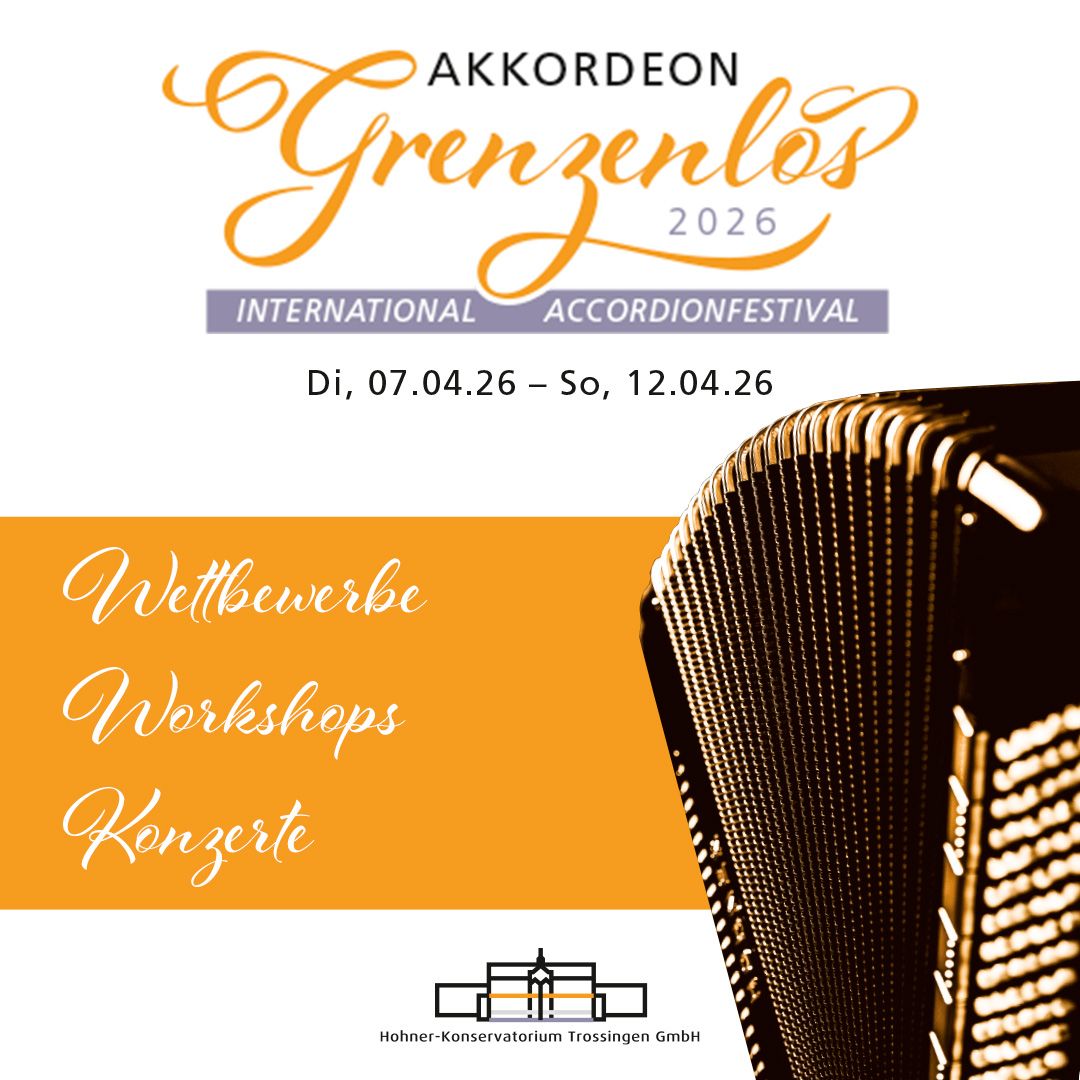
0 Kommentare